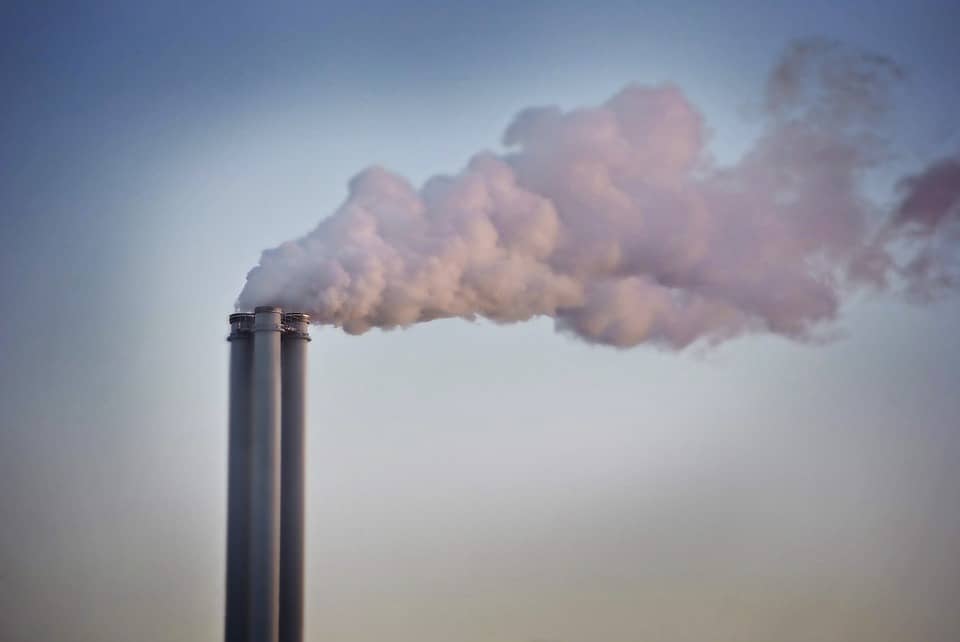What are Incineration?
Incineration is the act of burning something at a high temperature to break as much of it down into ash as possible.
Burning vs. Incineration
When waste burns under normal conditions, the temperature is much lower than during incineration. Incineration burns material under pressure in a controlled, closed system.
Incineration is a vital part of the e-waste recycling process. When organizations that aren’t certified in e-waste disposal incinerate electronic equipment improperly, it can release toxic compounds into the environment.
E-waste incineration must burn only combustible materials that don’t release toxic compounds at levels above the regulatory limits. Controls must be in place to capture emissions and recover reusable elements.
The Purpose of E-Waste Incineration
Electronic equipment, appliances, and devices have components that traditional recycling can’t recover. These items may be suitable for incineration. High-temperature controlled burning breaks down the combustible parts of e-waste, so they take up less space in landfills.
Incineration can also help keep the heavy metals in electronics from contaminating the ground and water supply. These metals concentrate in the ash during the incineration process. Recovering metals through incineration is known as waste-to-energy recovery.

Emissions During Incineration
Incineration has been approved by the National Research Council (US) Committee on Health Effects of Waste Incineration, who noted:
“Incinerator emission gases are composed primarily of two harmless inorganic compounds, carbon dioxide and water. The type and quantity of other compounds depends on the composition of the wastes, the completeness of the combustion process, and the air pollution control equipment with which the incinerator is equipped.”
In a 2003 experiment to test the emissions of computer motherboards, cases, and keyboards, workers at the Environmental Protection Agency (EPA) measured the levels of hazardous compounds and metals present after incineration.
The heaviest concentrations of metals were copper, antimony, and lead in the burned materials. Bromine, a compound used in the flame retardants in electronic equipment and the plastics that house them, was also released.
Bromine recovery through recycling or incineration is a complex process that keeps toxic emissions from escaping without treatment. Recycling e-waste that contains bromine keeps it out of landfills and reduces the demand for new Bromine-treated plastics.
E-Waste Disposal Bans
Most states have disposal bans in place for at least some categories of e-waste and other items that contain potentially hazardous materials. Disposal bans keep disposal companies from throwing banned items into the state’s landfills.
States that ban some e-waste have regulations for the disposal of those items. Disposal bans like these make it preferable to recycle as much e-waste as possible and recover metals and other compounds through incineration.
The most common types of e-waste banned from landfills include:
- Most batteries, including lead-acid batteries
- Desktop and laptop computers, printers, and monitors
- Televisions
- Cell phones and tablets
- Appliances
- Any device with a power cord
- Any battery-operated devices
Some electronic waste can be incinerated to save space and recover heavy metals. Since so much electronic waste can’t go into landfills, electronic recycling can simplify the disposal of these items.
The Importance of Recycling
Reusing electronic components saves resources and keeps the chemicals and compounds out of the ground, where they can potentially leach into the water and release harmful gasses into the air. Recycling and recovery are the best options for all classes of electronics.
At NewTech Recycling, we pride ourselves in repurposing electronic equipment to keep as much e-waste out of landfills as possible. We are an R2 Certified Electronics Recycler specializing in corporate electronics recycling.
Newtech Recycling is happy to handle every element of the process, from pick up to disposal. Contact us today to schedule an appointment!
Related Terms: Landfills, Degaussing, Hazardous Waste

